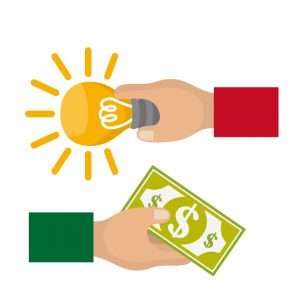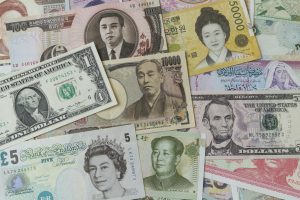When governments have to deal with fiscal limitations due to the COVID-19 crisis, it is even more essential to use public funds efficiently and effectively. A key to improving public spending is increased effectiveness and efficiency of public procurement, representing a significant share of public expenditure. Every year, governments spend, on average, 12% of GDP on public procurement for delivering public services. But, as they spend, resources are lost due to mismanagement and corruption in the procurement process.
One strategy to improve public procurement spending has focused on tackling waste caused by corruption (so-called “active waste”). To prevent and combat it, governments have adopted multiple actions and reforms in this regard. Transparency, integrity, open government, capacity building, e-procurement, strengthened auditing, and sanctions are recommendations by such international organizations as ADB, OECD, the World Bank, and Transparency International.
Despite the progress of this strategy, its results in reducing leakage of funds in public procurement are limited or, at least, difficult to measure. Due to corruption’s hidden and illegal nature, it is challenging to measure quantitatively how it affects service delivery and how effective the anti-corruption strategies were. Those limitations can raise questions about their effectiveness and call for strengthening other policies that can reduce the loss of public money in public procurement in a more secure way.
 The alternative is to improve the efficiency and effectiveness of public spending by enhancing the performance of public procurement processes. In other words, it is getting a good value for money in public procurement. This strategy aims to combat waste caused by poor public procurement processes (so-called “passive waste”). According to Bandiera et al. (2009), this type of waste can be greater than the waste caused by corruption (active waste). Their research found that passive waste as a consequence of mismanagement and lack of capacities of public officials represented 82% of the estimated waste in purchasing standard goods by 208 Italian public bodies between 2000 and 2005.
The alternative is to improve the efficiency and effectiveness of public spending by enhancing the performance of public procurement processes. In other words, it is getting a good value for money in public procurement. This strategy aims to combat waste caused by poor public procurement processes (so-called “passive waste”). According to Bandiera et al. (2009), this type of waste can be greater than the waste caused by corruption (active waste). Their research found that passive waste as a consequence of mismanagement and lack of capacities of public officials represented 82% of the estimated waste in purchasing standard goods by 208 Italian public bodies between 2000 and 2005.
Why can fighting passive waste be an effective strategy to reduce leakage in public procurement? For two main reasons. First, the effort of this fight is to promote better spending in all procurement processes rather than identifying hidden acts of corruption that are, in fact, hidden. Second, its impact on improving public expenditures can be measured by assessing the value for money achieved through the procurement process.
The performance-based strategy has already been implemented in some countries. However, its effectiveness has not yet been as expected since it only has a secondary role. The orientation to combat corruption in procurement still prevails. Thus, to increase the impact of performance-based policy, the first step is to raise awareness that combating passive waste is as important as fighting corruption.
Therefore, the call is to elevate this alternative to a strategic policy and increase efforts to improve procurement performance rather than simply focus on tackling hidden acts of corruption. This strategy brings us closer to reducing waste in public procurement to improve the quality of public spending, allowing governments to do more with fewer resources during the post-COVID-19 era.
(PDF) Looking beyond corruption to improve public spending on public procurement
This blog post is deliverables in the context of the International Field Workshop in August 2021. It represents the author’s personal views on the subject. The author benefited from a rich and insightful discussion with Ms. Rajni Bajpai, Lead Governance Specialist (formerly Lead Public Sector Specialist at World Bank’s Inclusive Growth and Sustainable Finance Hub in Malaysia), at the virtual meeting on August 30, 2021. The author sincerely thanks Ms. Bajpai and her colleague, Mr. Arun Kumar Kolsur, Senior Procurement Specialist, for dedicating their time to the Field Workshop members and their precious insights gained through their work and research.






